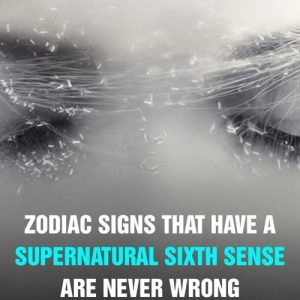In 1975, a musician from The Hudson Brothers met Goldie Hawn on a first-class flight from New York to Los Angeles. Both were at the height of their careers, and the chemistry was immediate. He later recalled asking her to dinner that night. Their relationship took off—passionate and intense from the beginning.
They married in 1976 while expecting their first child. Their son’s birth at Cedars-Sinai was traumatic: he suffered meconium aspiration and spent three days in isolation. The new parents hovered between the NICU and Hawn’s bedside, fearing the worst. When their baby pulled through, they were flooded with relief. Three years later, they had a daughter. For a time, the family of four looked like a Hollywood fairytale.
But behind the scenes, the marriage was unraveling. He wanted a traditional partnership; Hawn was less conventional. She told him early on she couldn’t envision lifelong monogamy. By 1981, he moved out, and the marriage ended.
In 1983, Hawn reunited with Kurt Russell, her co-star from years earlier. Their chemistry on Swing Shift sparked a relationship that would last decades. In 1986, they welcomed a son, Wyatt. Blending families was bumpy. Hawn’s daughter would later recall the nervousness of meeting Russell’s son, Boston, and wondering how their family was being reshaped.
As time passed, Hawn’s older children spoke openly about feeling abandoned by their biological father. Her son credited Russell—who raised him from age six—for shaping the man he became. Her daughter called him the father who showed up when it mattered.
Bill Hudson pushed back on that narrative. He claimed Hawn poisoned the children against him and made it difficult to stay involved. The conflict went public on Father’s Day 2015, when Oliver Hudson posted a childhood photo captioned: “Happy abandonment day,” tagging his sister. Bill responded angrily, saying a simple phone call would have spared public humiliation. Later, he declared that if his children wanted to cut him out, they’d succeeded. When Kate Hudson publicly honored Russell as “Dad,” Bill said he wished they’d stop using the Hudson name.
In the years since, Russell has remained a steady presence in the lives of Kate and Oliver’s children. Bill’s relationship with his older kids remains estranged. Kate and Oliver have framed their story as one of resilience and chosen family—a tribute to the man who showed up, and a decision not to reopen old wounds.
For Bill, it remains a tale of distance and betrayal he says he didn’t choose.
What endures is the complexity of a family shaped by fame, divorce, and new beginnings: a brief, intense marriage, a near-tragic birth turned miraculous, a second act that became lifelong, and adult children who decided—publicly and privately—who to call father.





